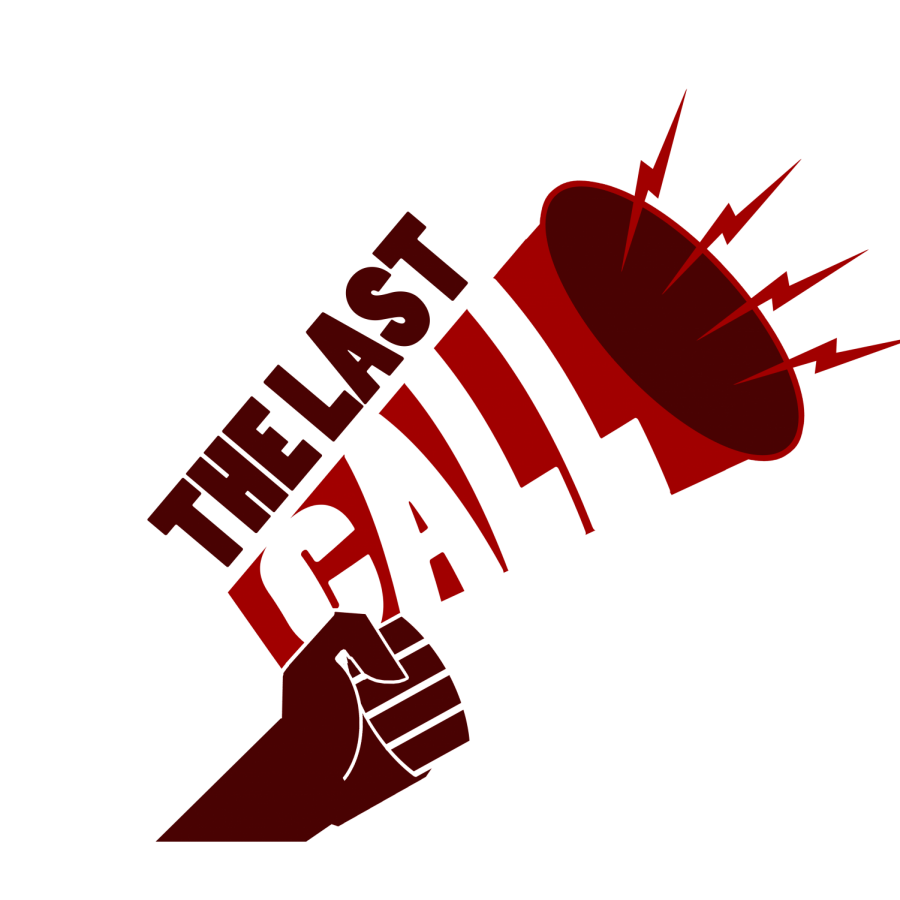The Last Call: Archives as a space of resistance
November 21, 2019
Archives: A collection of historical documents or records providing information about a place or group of people.
Although the above definition encompasses some of what archives are and what purpose they may traditionally serve, the nature of archives is shifting immensely with time. At Macalester, students connect with and create spaces of resistance and expression across campus, from social justice orgs to dance groups to spoken word. In the midst of what’s now my last year of college, I’ve found archives to be another crucial space of resistance.
As students, we’re typically at Macalester for four years. We’re consistently part of building a better, more representative, comfortable school for those who come after us. Part of that is documenting our time here in its full truth and adding our stories and narratives to the very foundation of this college — that can be done through the archives.
At Macalester, Ellen Holt-Werle runs the archives, which are located in the DeWitt Wallace Library and open to students. I began working there this year, and through the work I do, I’ve found that within the gaps of information and representation in ‘multiculturalism,’ ‘diversity’ and ‘internationalism’ at this school, there is an opportunity to retell and recreate mainstream narratives.
One of those narratives is, for example, the legacy of Edward Neill. What has been an ongoing process to rename the Humanities Building has recently culminated in increased coverage and support inside and outside of campus. Part of what aided this fight was obtaining archival information about Edward Neill, which became the focus of many student discussions and support for the changes many on campus are seeking.
One might say that as students of color or of other traditionally underrepresented communities, our presence at Macalester College is itself a resistance to larger structures of power — white supremacy, xenophobia, heteronormativity, the list goes on. Put briefly, existence at this school can often be draining, othering and tokenizing.
So, another step in the assertion of our presence here is documentation. Not only in the form of historical records and statistics, but also in the form of creative works, student org events taking place on campus, and other expressions of identity.
Artist and author Ariella Azoulay suggests in her work “Political Concepts”: “instead of regarding the archive as an institution that preserves the past as though its contents do not directly impact us, I propose to see the archive as a shared place, a place that enables one to maintain the past incomplete.”
By rendering the past incomplete, we allow for growth and change. In documenting our present and past at this school, we show that we were here, building communities, taking classes, becoming crucial to the fabric of an institution that never intended to serve us.
Donate to the archives, learn about who paved the way for us before we were here, where there are gaps in records, and how we can keep our stories traveling through this school long after we are gone. It’s actions like these that allow us to challenge norms and structures at Macalester with our own narratives.












